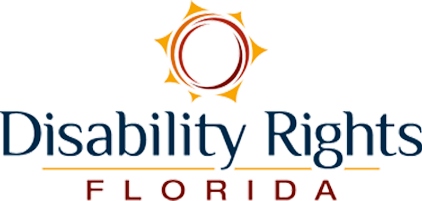Elevator outages are of particular concern to Floridians with disabilities. Here are a few tips to help you when your condominium or apartment elevator stops working:
- Contact your condominium association or maintenance company immediately to ensure that the elevator outage has been reported and to ask about what actions are being taken to expedite repair.
- Inform your condominium association or maintenance company that you are a person with a disability and having use of a safe and well functioning elevator is a necessity and not a convenience. Put your concerns in writing.
- Most condominium associations and apartment buildings contract with an elevator service to provide maintenance and emergency service. Keep in mind that it may take 24+ hours for an elevator technician to respond to the outage.
- Be diligent and call each subsequent day that the elevator is out of service. Ask when the elevator is expected to be repaired and what specifically is being done to expedite the repair. Ask if repair parts have been ordered, if necessary, and when the parts will be picked up or delivered. Unfortunately, a broken elevator does take time to repair. Depending on the problem, it is not uncommon for a standard repair requiring new parts to take between 2-3 days.
Sometimes elevator repairs can take numerous days and even weeks or months to complete - especially in older buildings where parts are hard to find or complete replacements or upgrades might be required. If you are facing a lengthy delay, you may wish to:
- Request a reasonable accommodation to relocate temporarily to another unit or apartment on a lower level if one is available.
- Discuss a strategy with management to minimize the duration of the outage. Perhaps work can be broken into sections with the elevator being operational intermittently.
- Contact your local Emergency Rescue Department. Alert them of the issue and your concerns. They may be able to provide some assistance.
- Contact your local Center for Independent Living to inquire about funding for temporary lodging.
- You may also visit the Florida Department of Business and Professional Regulations, Bureau of Elevator Safety website or contact them at 850-487-1395. The Bureau reviews and investigates complaints pertaining to elevator safety and compliance. Elevator safety is governed by Florida Statute Chapter 399. Click here to view Florida Statute, Chapter 399.
